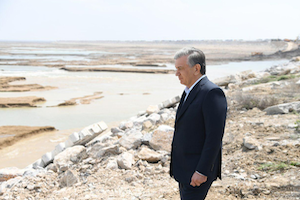Central Asia's Integration Takes One Step Forward, One Step Back
By Farkhod Tolipov
January 26, 2021, the CACI Analyst
The third Consultative meeting of the five presidents of the Central Asian countries was scheduled for October 2020 to be held in Bishkek, the capital of Kyrgyzstan. However, it was postponed to take place in another country – Turkmenistan in 2021. This surprising delay raised concern about the reluctance of Central Asian leaders to reinvigorate the process of regional integration and about invisible geopolitical forces that slow it down. Explanations for the delayed meeting unconvincingly referred to the COVID-19 pandemic and its coincidence with disturbances in Kyrgyzstan in a situation where serious steps toward regional integration are urgently needed.
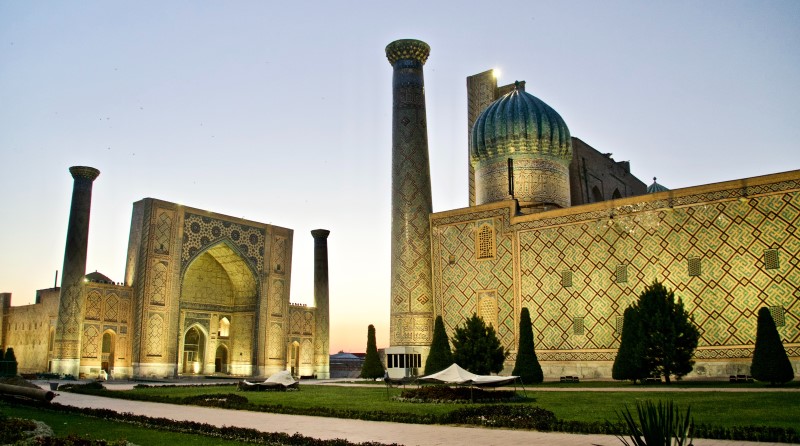
China Places Central Asia in its Gunsights
By Stephen Blank
December 14, 2020, the CACI Analyst
China has offered the Taliban investments in energy and infrastructure projects in return for the conclusion of a peace deal with the government in Kabul. In return for peace, China would commence building a major six-lane highway road network across Afghanistan. This road network would facilitate regional trade with Central Asia and permit direct land access from China to Iran. However, this network would also serve as a means for China to project direct force into Afghanistan, Central Asia, or Iran if needed.
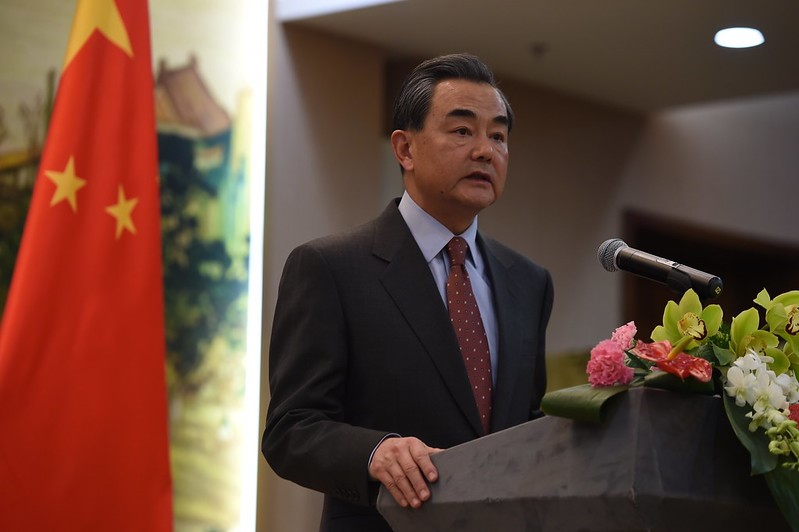
The US-Taliban Deal and its Impact on Iran-Pakistan Relations
By Niranjan Marjani
July 23, 2020, the CACI Analyst
The U.S.-Taliban deal has generated large amounts of analysis on stability and security in Afghanistan, the role of the Afghan government and Pakistan-Taliban relations. However, another important dimension of the deal is its impact on Iran-Pakistan relations. Pakistan’s relations with both Iran and the Afghan government are unstable, but Pakistan enjoys good relations with the Taliban. Iran has also sought to build contacts and relations with the Taliban. Thus, the recognition accorded to the Taliban in the deal could both improve Iran-Pakistan relations and give Iran an important role in Afghanistan. The increasing significance of the Taliban could worsen instability not only in Afghanistan but also across Central, West and South Asia while completely sidelining the Afghan government.
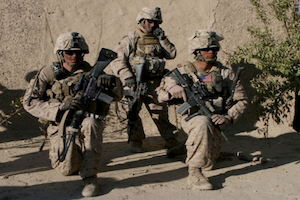
ISIS Reaps Gains From the Pakistan-India Rivalry in Afghanistan
By Umair Jamal
July 21, 2020, the CACI Analyst
The growth of the terrorist organization known as the Islamic State in Iraq and Syria (ISIS) in Afghanistan poses a formidable challenge to India and Pakistan’s security interests in the region. Recently, an ISIS-claimed attack on a Sikh Gurudwara in Afghanistan involved a suicide bomber from India. On April 4, Afghan security forces arrested a Pakistani national and a high-ranking ISIS commander in Afghanistan, who authorized the Gurudwara attack. Reports indicate that ISIS is rapidly gaining recruits from India and Pakistan for its Afghanistan and Central Asia operations. The emerging threat in this regard would require close counterterrorism cooperation between Islamabad and New Delhi if the group is to be successfully defeated in Afghanistan. However, given Pakistan and India’s competition and record of undermining each other’s interests in Afghanistan, ISIS is set to gain exponentially in the coming months.
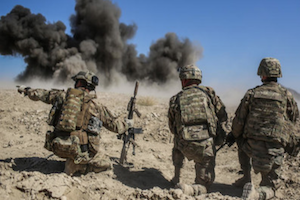
Border Problems in Central Asia: Dividing Incidents, Uniting Solution
By Farkhod Tolipov
July 16, 2020, the CACI Analyst
In May-June 2020, Central Asia experienced several border incidents between Uzbekistan and Kazakhstan; Uzbekistan and Kyrgyzstan; Kyrgyzstan and Tajikistan. These incidents revealed once again, on the one hand, the local population’s transboundary lifestyle and on the other, the artificial character of the borders that separate independent states from each other. Similar incidents have recurred in the region with a certain frequency since gaining independence; however, none of them escalated into larger and dangerous conflicts since resolutions came quickly and were based on unique integrative arrangements.
